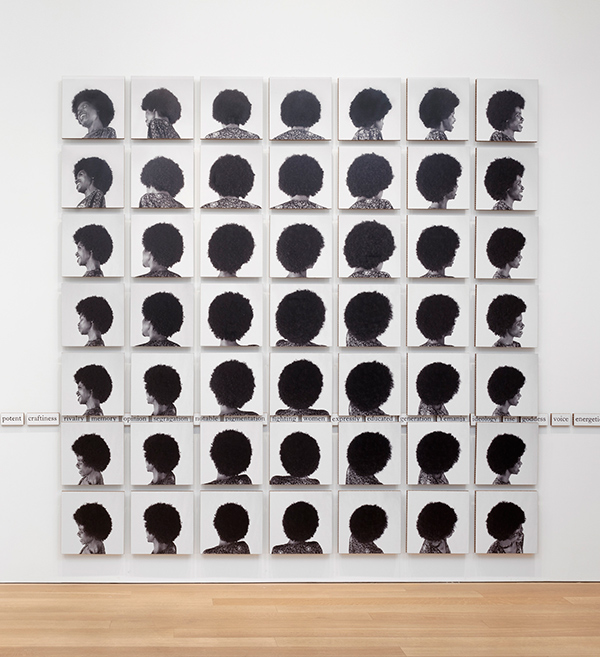The Myth of Brazil’s Racial DemocracyPosted in Articles, Arts, Brazil, Caribbean/Latin America, History, Literary/Artistic Criticism, Media Archive on 2018-05-02 15:46Z by Steven |
The Myth of Brazil’s Racial Democracy
aperture
2018-04-18
Amelia Rina
Brooklyn, New York
 Jonathas de Andrade, Eu, mestiço, 2017–18 Courtesy Alexander and Bonin, New York |
In a new exhibition, Jonathas de Andrade confronts his country’s complicated past and present.
“Brazil is renowned in the world for its racial democracy,” begins anthropologist Charles Wagley in the 1952 study Race and Class in Rural Brazil. Produced by Columbia University and UNESCO, the text describes ethnographic studies performed by Wagley and his colleagues in four regions of Brazil. In each region, men and women from what they determined to be the four major racial groups—caboclo (indigenous and Afro-Brazilian), preto (Afro-Brazilian), mulato (Afro-Brazilian and white European), and branco (white European)—were shown photographs of other Brazilians from these categories and then asked to assign them different traits, such as most/least attractive, best/worst worker, most/least honest, most/least wealthy, et cetera. This binary restriction was one of the study’s major flaws that first intrigued Brazilian artist Jonathas de Andrade, and inspired his recent project, Eu, mestiço, currently on view at Alexander and Bonin…
Read the entire review here.
